
As the results of The Gambia's presidential election trickled in last December, incumbent President Yahya Jammeh realised his power was slipping away. Indeed, final results showed that a newcomer, 51-year-old businessman Adama Barrow, had garnered 45.5% of total votes, while Mr. Jammeh received 36.6%.
Mr. Jammeh unexpectedly conceded defeat and informed Mr. Barrow in a congratulatory telephone call that "the Gambian people have spoken and I have no reason to contest the will of the mighty Allah." He promised "guidance on your transition and when selecting a government," and signalled the beginning of the end of his 22-year rule.
To the surprise of many, a president who once boasted he would rule "for a billion years if Allah decrees it" was presiding over a peaceful election and transition.
The Gambia's election indicated that African democracy and obedience to the law was coming of age, analysts said. Regional bodies, the Africa Union (AU) and the Economic Community of West African States (ECOWAS) jointly congratulated the people of The Gambia "for peaceful, free, fair and transparent presidential elections."
In a joint statement, ECOWAS, AU and the UN also commended President Jammeh for gracefully conceding defeat, and also congratulated Mr. Barrow for winning the presidential election.
Nic Cheeseman, a professor of democracy at the University of Birmingham, UK, and the author of Democracy in Africa: Successes, Failures and the Struggle for Political Reform, summed it up: "The news out of The Gambia is a boost for African democracy. It reinforces important principles about leaders standing down after losing power."
But excitement soon evaporated, as days later, on 9 December, Mr. Jammeh cited irregularities in the election and called for its annulment. Fear of unrest, intimidation and arrest forced citizens to flee to neighbouring Senegal. One of those who fled was Mr. Barrow, the president-elect.
Human Rights Watch, a US-based nongovernmental organization that promotes human rights globally, accused Jammeh of human rights abuses and urged the international community to stand by Mr. Barrow.
Why Jammeh capitulated
There were fears that the already muddled political and security situation could deteriorate further after Mr. Barrow was sworn in at a hastily arranged ceremony without the usual fanfare in the Gambian embassy in Dakar. "This is a day no Gambian will ever forget in a lifetime," Mr. Barrow said in a speech immediately after being sworn in. "Violent change is banished forever from the political life of our country. All Gambians are therefore winners."
Intense international pressure from ECOWAS that threatened military force to bring stability to the country--from key national institutions, from Jammeh's own armed forces and from citizens who insisted on a peaceful transfer of power--prompted Jammeh to agree to vacate office. He left the country on 22 January for Malabo, the capital of Equatorial Guinea.
Experts are still debating the factors that influenced Jammeh's capitulation, and what lessons, if any, can be learned.
Despite security problems in many African countries, from the Central African Republic, the Democratic Republic of the Congo to South Sudan, the peaceful transfer of power can be seen in a few exceptional cases--a development that may have inspired Gambians to hold the line, experts say.
Some examples: In 2015, Nigeria's Goodluck Jonathan conceded defeat after voters chose opposition leader Muhammadu Buhari in the presidential poll. In December 2016, Ghanaian opposition politician Nana Akufo-Addo prevailed over incumbent President John Mahama, and a peaceful handover transpired.
Peaceful elections took place in Tanzania in November 2015 when President Jakaya Kikwete handed over power to John Magufuli. In Somalia, Mohamed Abdullahi Mohamed, a former prime minister, defeated sitting president Hassan Sheikh Mohamud and assumed the presidency, following two rounds of voting in the capital city's heavily fortified airport. The country doesn't have universal suffrage, so the president was picked by the country's 329 lawmakers.
In The Gambia, citizens had begun mobilizing against the 55-year-old Jammeh, who seized power in 1994 in a bloodless coup. His government censored the media and was intolerant of the opposition. Journalists who dared criticise the president were jailed, while others fled into exile. International journalists were rarely given permission to enter the country.
Mr. Jammeh "did not see that his repressive practices had gradually generated a mass of popular anger, anguish, discontent and defiance," writes Baba Galleh Jallow, a Gambian journalist, who escaped to the US.
The ex-president, a homophobe, once threatened to slit the throats of gays and lesbians, and later promoted a law that dictated a life sentence for homosexuals. He referred to himself as a miracle worker with powers to cure AIDS, and left some 21,000 HIV-infected Gambians without lifesaving antiretroviral drugs.
In the three previous presidential elections, in which he managed to whip the opposition, Jammeh was accused by the opposition of widespread rigging and voter intimidation.
Regional economic and political groupings, particularly ECOWAS and the AU, as well as international organisations such as the United Nations, helped force Mr. Jammeh to relinquish power, analysts believe.
The UN Secretary-General's Special Representative and head of the United Nations Office for West Africa, Mohamed Ibn Chambas, stressed that "for Mr. Jammeh, the end is here and under no circumstances can he continue to be president."
Of greatest concern was the threat by ex-president Jammeh to withdraw Gambia from the International Criminal Court. However, after his victory at the polls, Mr. Barrow took a different tack, announcing that the country would remain in the ICC and hinting that criminal charges could soon be pressed against Mr. Jammeh himself.
Lessons learned
A last-minute agreement brokered by ECOWAS suggests Mr. Jammeh may have been concerned about his post-presidency life. The final agreement guarantees "the dignity, respect, security and rights of former President Jammeh."
In an interview with Africa Renewal, Professor Cheeseman listed three lessons that countries can learn from The Gambia. The first lesson is that "opposition unity is critical to opposition success."
As the elections approached, two parties, the Gambia Party for Democracy and Progress and the Gambia Moral Congress, combined to form the Peoples' Alliance, led by Mr. Barrow. This allowed the coalition to successfully wrestle power from Mr. Jammeh's Alliance for Patriotic Reorientation and Construction Party.
The second lesson is that "fashionable biometric election technology is not required to remove an authoritarian government from power." Gambians voted with marbles, yet Jammeh lost. But Mr. Jammeh had anticipated victory, and his rejection of biometric voting, which uses biometric identifiers such as fingerprints to minimize election fraud, could have been a ploy to avoid a free and fair process.
The third lesson, continued Professor Cheeseman, is that "it is very dangerous to start talking about prosecuting leaders before they have actually left power," alluding to Mr. Barrow's publicized threat to bring charges against Mr. Jammeh before the ICC.
Mr. Barrow himself rode to power on a wave of populist messages: he has vowed to respect human rights, media freedom, civil society's right to free expression, and judicial independence. Last February he was spotted wearing a T-shirt reading, "Free Press for a New Gambia." Some interpreted this as a symbolic show of support for a free press and, perhaps, a dig at his predecessor.
Hopes brighten for the future
It may take time before Gambians begin to enjoy the economic dividends expected in a functioning democracy. Because Mr. Jammeh strained The Gambia's relations with the EU, the country lost millions in precious aid money. As a result he looked to the Middle East and obtained a financial bailout. In 2015 he renamed the country "the Islamic Republic of The Gambia," a move that Gambians saw as an attempt to curry favour with his new allies.
The Gambia ranks 172 out of 186 countries in human development, according to the UN's Human Development Index report of 2016. The Index rates countries based on their progress in education, health and the environment, among other areas.
The Gambia's current administration has accused Mr. Jammeh of emptying state coffers and siphoning $11.4 million of state funds just before fleeing the country.
In light of the country's precarious financial situation, donors seem ready to respond positively. The EU recently pledged about $238 million towards a rescue package for the country. Even before donor funds flow in, Gambians are grateful that an electoral crisis that appeared poised to degenerate into civil strife was averted. Africa Renewal
Read Full Story
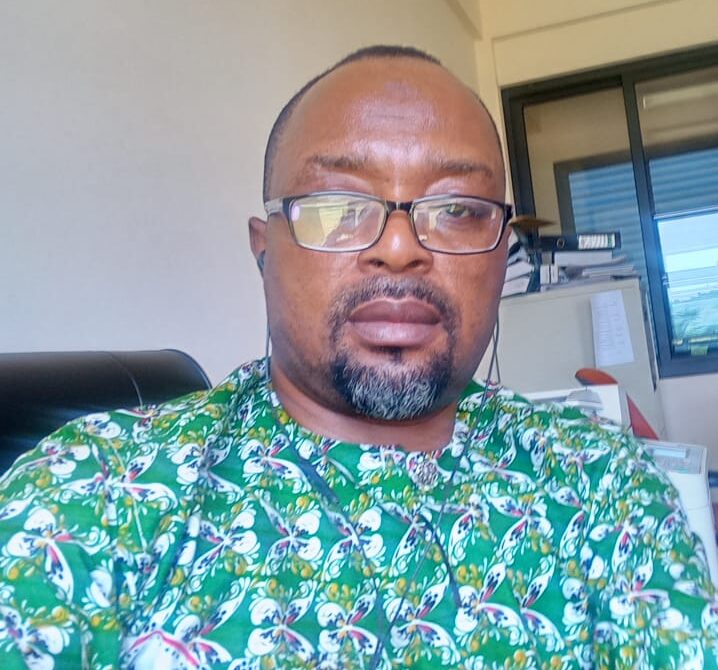
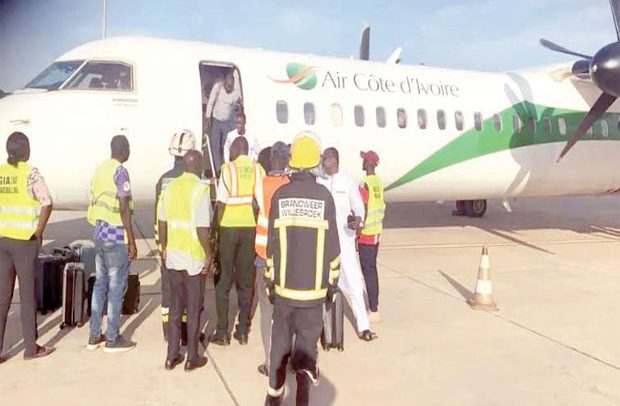
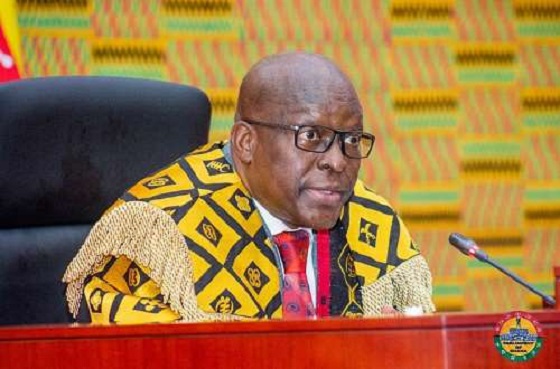
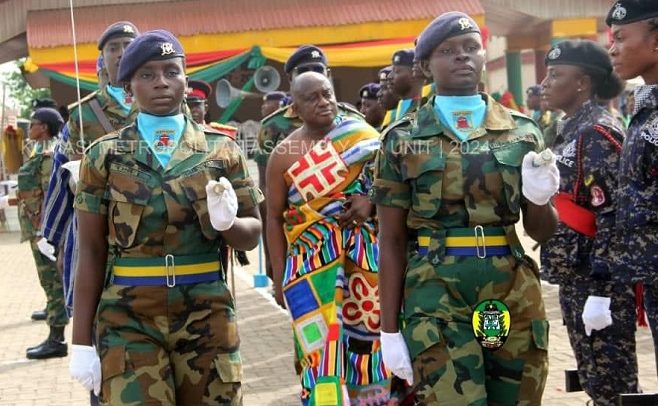












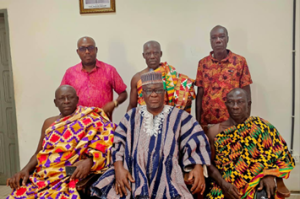

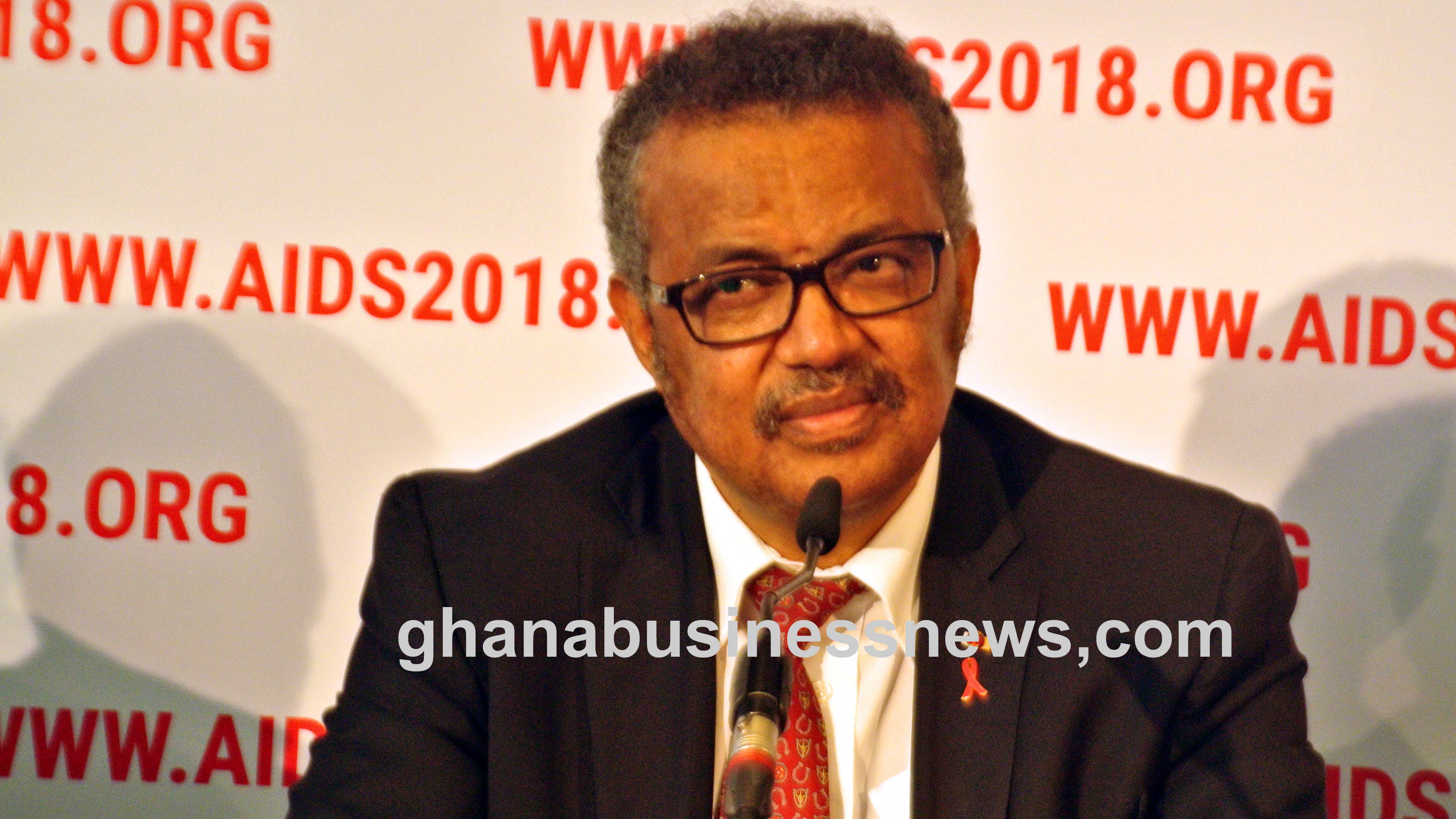


Facebook
Twitter
Pinterest
Instagram
Google+
YouTube
LinkedIn
RSS